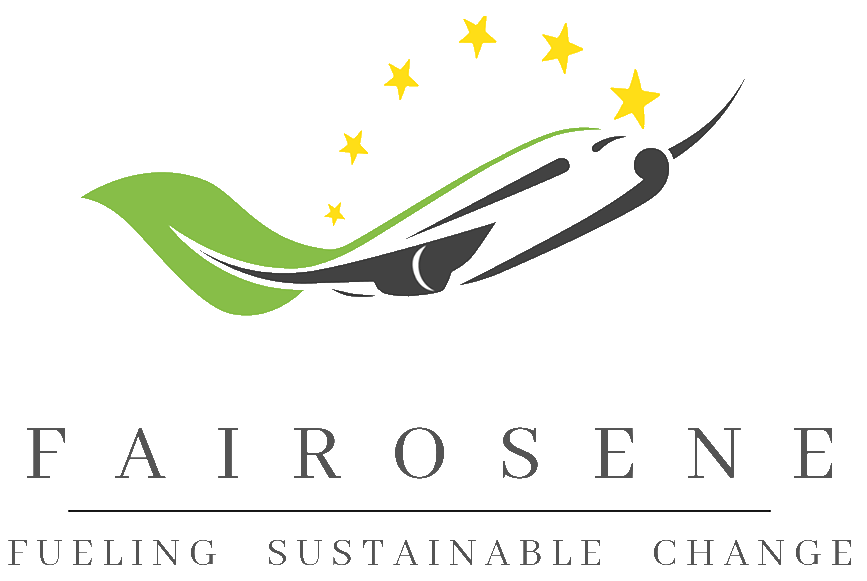Why is it necessary to move now forward with a handful of European countries?
European governments are concerned that aviation taxation at national level only would undermine the competitiveness of their airports and airlines as well as their attractiveness. But no global nor EU-wide aviation taxation has been introduced despite decades of negotiations.
The European Commission is set to propose to revise the aviation fuel tax exemption by June 2021, however, the EU has been discussing the proposal since mid-1990s. Moreover, during preliminary discussions in the Council of the EU, many EU countries implied they could use their veto power to block any attempt to introduce an EU-wide kerosene tax. While countries such as Estonia, Greece, Cyprus, Portugal and Malta already showed robust unwillingness to tax aviation, EU taxation policies have to be agreed upon unanimously, giving each EU member state a right of veto. In fact, the last time the European Commission opened the pandora box that is the Energy Taxation Directive in 2011, it withdrew its proposal after 4 years of rough and unfruitful negotiations.
Therefore, EU-wide kerosene taxation seems unfortunately extremely unlikely over the next years. Yet, climate crisis does not afford us the privilege of waiting another decade before aviation CO2 emissions finally shrink. Airlines have no realistic climate plans and keep growing traffic while global CO2 emissions must be reduced by 7,6% per year over the next 10 years to meet 1.5°C Paris target.
How can me move forward multilaterally without an EU-wide kerosene taxation?
In Europe, fuel for commercial aircraft is exempt from taxation under the Energy Taxation Directive (2003/96/EC) but from 2003, EU Member States were permitted to tax fuel for domestic flights, and, subject to bilateral agreement with another member state, tax fuel used for flights between each other. 17 years later, none of the EU-28 tax fuel uplifted for domestic flights nor for flights within the EU on a bilateral basis.
More information here and in chapter VI of the FAQ.
Which countries have shown interest in taxing aviation?
- Nine EU governments (Belgium, Bulgaria, Denmark, France, Germany, Italy, Luxembourg, the Netherlands and Sweden) announced in November 2019 that they want to tax aviation collectively. These countries urged the Commission to ‘bring the debate on aviation pricing, e.g. in the form of aviation taxation or similar policies a step further’ on 7th November 2019.
- Finland could not express its opinion given it was chairing the discussion but it ‘previously stated a preference for taxing the aviation sector’ (T&E).
- Switzerland and Norway already de facto tax kerosene for domestic flights.
- After the preliminary discussions, the Irish government and the Austrian government expressed their will to tax jet fuel.
- The Spanish government is interested and launched in February 2020 a public consultation on aviation taxes.
- Despite Brexit, the UK should also join the Fairosene area because ‘aviation is likely to be the largest emitting sector in the UK by 2050’ (CCC). and could possibly emit up to 25% of UK greenhouse gases.
While the work towards an EU-wide tax must continue in parallel, we urge our governments to start taxing kerosene domestically and between each other from 2021.
